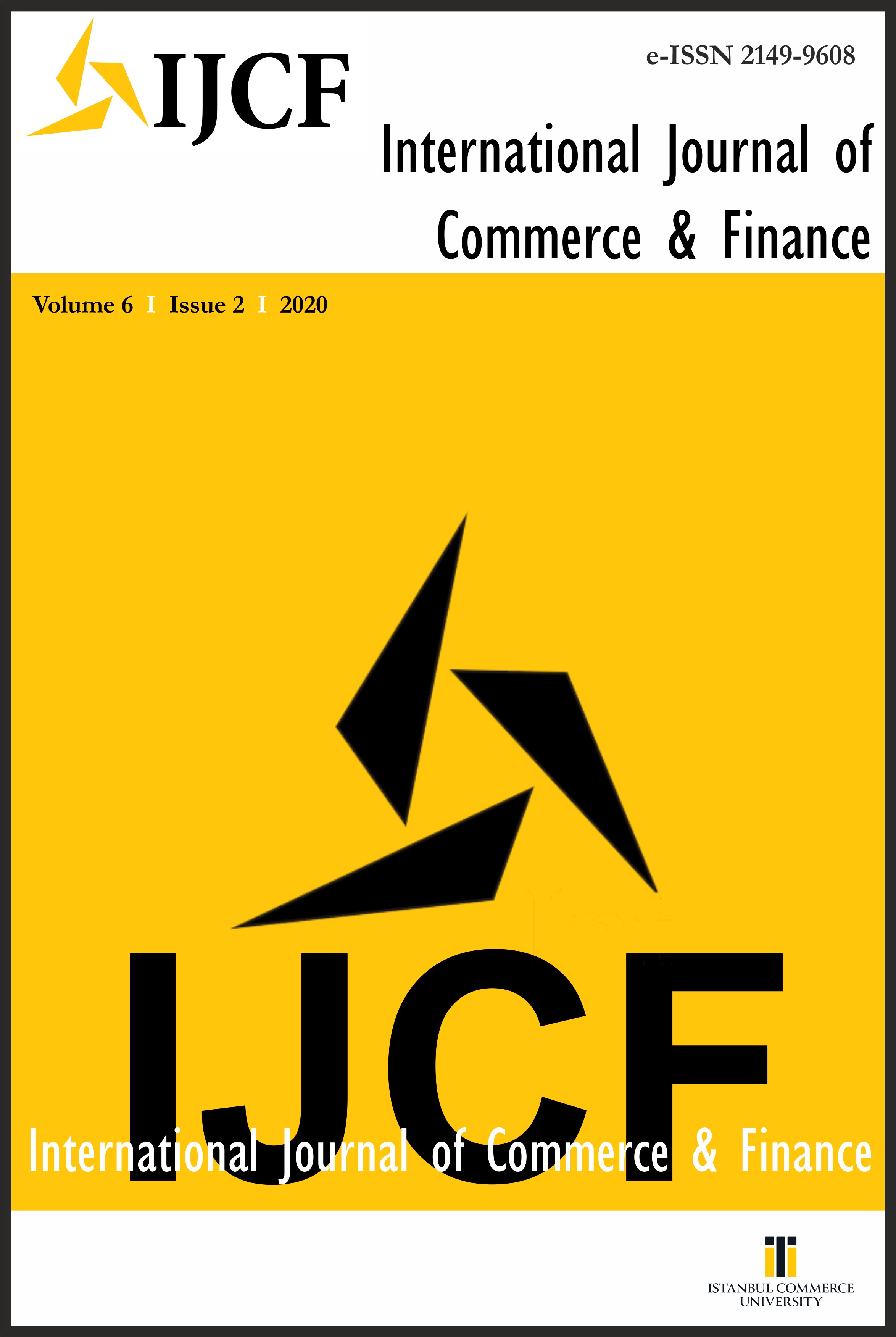Commercial Diplomacy in the BRICS Framework: Objectives and Outcomes
Abstract
The article analyzes the features of the development of BRICS+ at the present stage. The main advantages of this association are identified, the problems are analyzed and its development is seen as a tool of commercial diplomacy. The purpose of this study is substantiated by the escalating influence of the BRICS nations on the global political landscape. Brazil, Russia, India, China, and the South African Republic actively participate in addressing pressing contemporary issues and contribute to the reform of the restructured global financial architecture. Notably, the BRICS states strive for economic growth and enhanced international standing among developing nations. The developing nations forming the BRICS alliance aim to ensure economic stability, countering disturbances in the global financial markets primarily originating from Europe and the United States. An overarching goal of BRICS is to address gaps in ensuring stability that established institutions such as the World Bank, International Monetary Fund, and the U.S. Federal Reserve are unable to fill. Thus, investigating the consolidation of BRICS countries amid geopolitical shifts demonstrates its paramount significance, particularly in relation to pertinent trends in global politics and economics.
Full Text:
9. GurIndexing and Abstracting Services










Other Sources and Services



License

International Journal of Commerce and Finance is licensed under a Creative Commons Attribution-NonCommercial-4.0 International (CC BY-NC 4.0) License.
Mailing Address
| International Journal of Commerce and Finance Örnektepe Mah. İmrahor Cad. No: 88/2, Beyoğlu 34445 / İSTANBUL, TURKEY E-mail : hersoy@ticaret.edu.tr |



